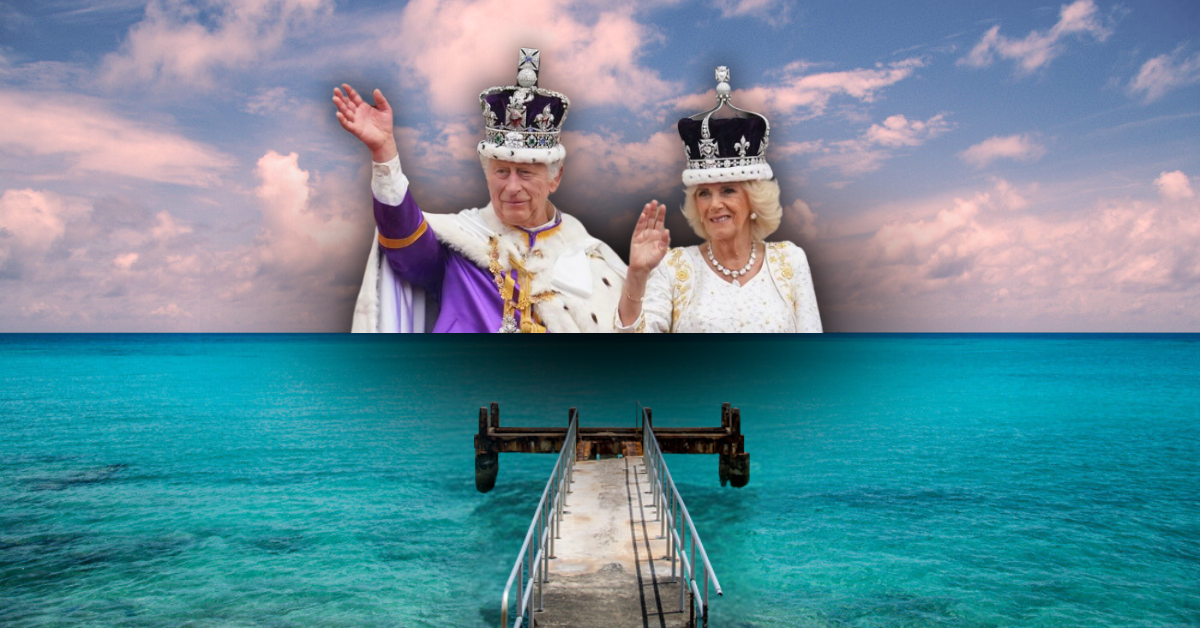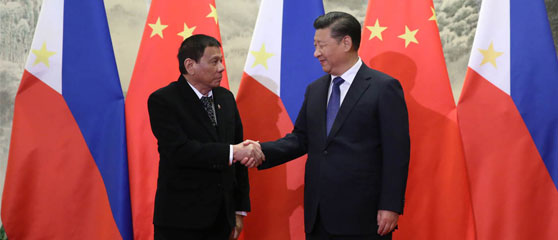Excitement around the possibility of legal cannabis in Bermuda in 2022 was cut short by an unprecedented intervention by the Governor of Bermuda, a British-appointed civil servant with the unique power to block Bermudian legislation, a stark reminder of Bermuda’s colonial relationship with its Motherland. With a new year upon us, has there been any progress with Bermudian cannabis?
Historically defined by socially conservative values, Bermudian attitudes towards cannabis have relaxed in recent years; its Supreme Court ruled in 2016 that people could apply for personal licences to possess medical cannabis. The Misuse of Drugs Act (MDA) 2017 amended the MDA of 1972, decriminalising the possession of up to seven grams. Critically however, only the simple possession of seven grams was decriminalised; its consumption, cultivation, sale, and importation remain illegal.
The amendment did not originally expunge any prior criminal cannabis-related convictions; the police retain the right to confiscate any amount of cannabis found and to search someone’s home or vehicle. The Expungement of Convictions Act 2020 subsequently allowed someone with a prior conviction for the offence to apply for an Expungement Order, as it is not automatically applied.
The Government of Bermuda is run by the Progressive Labour Party (PLP), which holds a comfortable majority. One of their electoral promises was to further liberalise cannabis laws, with the Attorney General Kathy-Lee Simmons claiming these laws represented the enduring “stain of colonialism”.
However, the offered model of decriminalisation by the Government has meant that Bermudians must still consume and cultivate cannabis clandestinely. Decriminalisation exists in name, yet consumption remains illegal in practice.
In May 2022, the Bermuda Government tabled a bill to legalise and regulate the production, sale, and consumption of cannabis on the island with the approval of the Cannabis Licensing Bill in the House of Assembly. It would ultimately end prohibition and create a legally regulated market for the medical and recreational use of cannabis. While it passed with a majority, it was seen as a step too far by the UK. So, the colonial power had to step in.
Remnants of an empire
Bermuda’s 1968 constitution provides the island with the responsibility for internal self-government. However, as a British Overseas Territory, the UK Government retains control over Bermuda’s external affairs, defence, and security. Britain’s King Charles III is the Bermudian head of state, represented on the island by the Governor, a British civil servant who must formally assent to any legislation passed by Parliament on his behalf.
This has historically been a formality, serving as little more than a rubber-stamp – until this bill. This is the first time ever that the Governor of Bermuda has intervened and not given assent to a passed bill.
Across the Atlantic, in the Motherland, the cannabis bill ruffled political feathers. Then British Foreign Secretary Liz Truss quickly concluded that this proposal would cause Britain to violate international drug control treaties which prohibit the recreational use of cannabis, despite countries like Canada and Uruguay having gone ahead with regulation.
Under Westminster’s instruction, Governor Rena Lalgie refused to give her assent to the bill, claiming it “is not consistent with obligations held by the UK and Bermuda” under the 1961 and 1971 drug control conventions. As an overseas territory, Bermuda must comply with whatever international agreements the UK has signed.

The decision for historic intervention happened despite a 2021 warning from the Premier of Bermuda, David Burt, who said:
“If Her Majesty’s representative in Bermuda does not give assent to something that has been passed lawfully and legally under this local government, this will destroy the relationship that we have with the United Kingdom”.
In an official statement, the Bermudian Attorney General considered the UK’s intervention to be “disappointingbut not surprising, given the confines of our constitutional relationship with the UK Government and their archaic interpretation of the Narcotic Conventions”. While such an intervention was not a surprise to Bermudians, it created an unusual tension for its (and other Overseas Territories’) relationship with the UK: Bermuda is the only British Overseas Territory so far to have attempted to legalise cannabis.
The unprecedented move to block legislation effectively nullified Bermuda’s democratically mandated decision on cannabis’ regulation. This sent the island into uncharted waters, sparking discussions that this may potentially trigger a move towards independence after more than 400 years as a British territory. It should plausibly be a sovereign issue for Bermuda, part of its internal affairs. After all, the primary motivation for this legalisation is to stimulate its local economy and address the social injustices stemming from prohibition.
It certainly raises questions about how the interests of British Overseas Territory are being represented within the UK Parliament and whether Bermuda’s democratic rights and interests are effectively protected by their 1968 constitutional arrangements.
Discord in paradise
As much as it may seem significant for cannabis legalisation to be the tipping point for Bermuda’s independence, the reality is, as always, much more complex. The cannabis licencing bill was perceived by the public and parliamentary opposition (including 12 abstentions among the PLP) as creating an over-regulated and commercially driven industry. The Shadow Attorney General, Scott Pearman, was critical of the original bill, claiming it catered to “corporate cannabis” in the manner in which it favoured a “single source importer” system, rather than focusing on individual rights such as home cultivation. “It was used as a device, in my opinion, to try to pick a fight with the UK. I’ve said that publicly before and I repeat that,” Pearman said last year.
Rather than being staunch supporters of cannabis, the bill was mostly an opportunity for the PLP to pick a fight with Great Britain. This was corroborated by the former Leader of the PLP and cannabis legalisation advocate, Marc Bean: “Instead of going back and adjusting the legislation so it can fit the international obligations, it seems the Premier is attempting to spark up base emotions among the populace, to create a measure of division between the UK and the people of Bermuda or the Bermuda Government.”
Breaking the impasse
In June 2023, the Parliamentary Under-Secretary at the Foreign Office, David Rutley, reiterated that “The UK is deeply committed to working in partnership with Bermuda and… willing to discuss new proposals on cannabis legislation…within the scope of existing international obligations”.
However, it remains unclear what exactly this would look like in practice. Since the Governor’s denial of assent, there have been no public plans on how the Government will address this constitutional conflict.
Progress can still be made. As is evident from global reform efforts, decriminalisation falls within the remit of international obligations and would better address issues around the continued criminalisation of people who consume or cultivate cannabis for personal use.
While changes are being made to outdated laws, the inadequacies of current reforms are being exposed and the need for bolder legislative changes becomes increasingly apparent. Further amends to the existing MDA 2017 could also set the path for a more progressive cannabis control system. The Government is currently working to fix the error that prevented cannabis-related convictions prior to 2017 from being erased in cases where amounts were not recorded by the police. The fact that existing legislation decriminalises the possession, but not the use of cannabis, also betrays the intention of decriminalisation. The possession, public and private use, and home cultivation could and should be decriminalised by the Government while it develops its new approach to navigate the constitutional conflicts surrounding the plant’s control.
Self-governing but ‘Non-Self-Governing’
If the UK wishes to maintain a role in its overseas territories, it must strike a balance and engage with them in meaningful discussion while respecting their right to self-rule. It also needs to understand that these territories have different needs and aspirations, without a template that fits them all. Cannabis policy may just be one of the policy areas that grow the rift between the empire and its colonial territories.
Though Bermuda enjoys extensive internal autonomy, it is represented by the UK at the UN (as it is a “non-self-governing territory”) and is therefore a signatory of the international convention on narcotic drugs through them, rather than independently. And while the Bermudian Premier has stated the nation’s intentions to achieve self-determination, this process has yet to officially start.
The UK has also allowed Bermuda to join the Caribbean Community (CARICOM) in late 2023. This intergovernmental organisation previously agreed to “review marijuana’s current status with a view to reclassification” in 2018. Issues with cannabis reform and the same thorny questions of independence and cannabis reform may bother the colonial power again, sooner rather than later.
The winds of change
There is a complicated relationship between what is considered a devolved issue for Bermudian decision-making, and one in which the UK believes it should intervene. The overturning of the legalisation of same-sex marriage in 2018 did not warrant British intervention; however, the legalisation of cannabis did. British MPs highlighted this discrepancy in constitutional power: while marriage law is considered a devolved issue, drug policy is not. The UK was happy to strike down cannabis policy for fear of breaching international conventions; however, the fact that Bermuda has been the only country in the world to overturn same-sex marriage did not warrant any intervention.
It is paramount that the British do not take Bermuda’s allegiance lightly. Britain intervened in Bermuda to prevent laws declassifying and regulating cannabis based on outdated treaties in which Bermuda has no say.
While Bermuda is largely self-governing, the UK continues to wield tremendous influence through the constitutional powers it retains and the international treaties it chooses to observe. Bermuda willingly remains a British Overseas Territory – for now. British interventions when it seeks greater autonomy, as seen with cannabis, could further the case for independence.
The evolution of its drug policy highlights the precarious balance between an island’s aspiration to self-rule and the benefits of being an Overseas Territory. As times change, new questions of sovereignty emerge, and the re-evaluation of historic arrangements may come to redefine the drug policy landscape for the British Overseas Territories.


